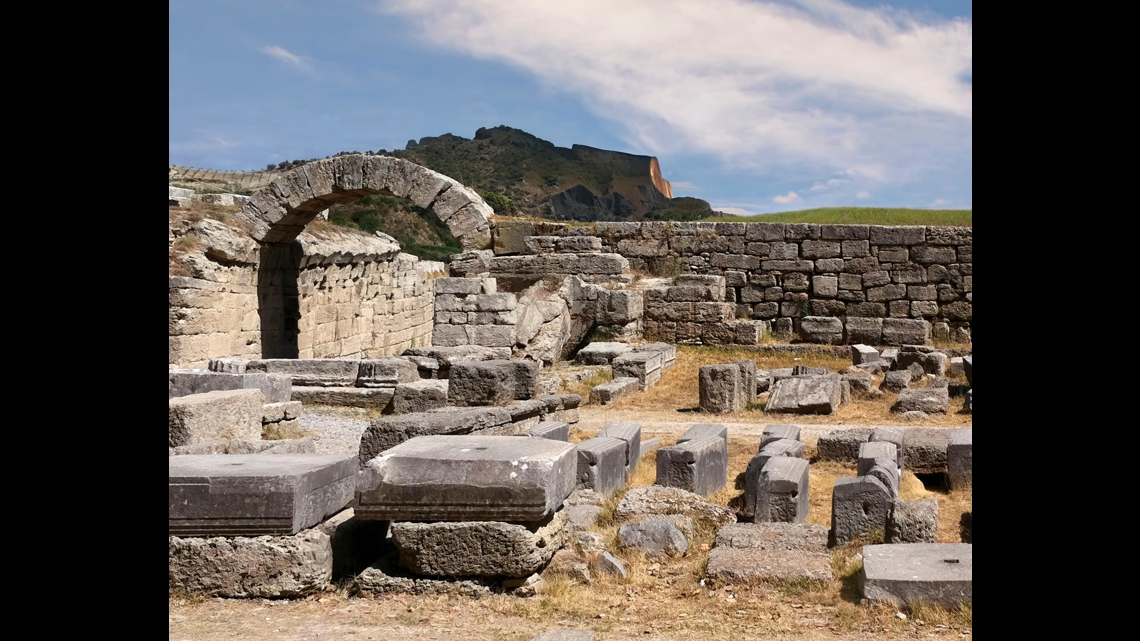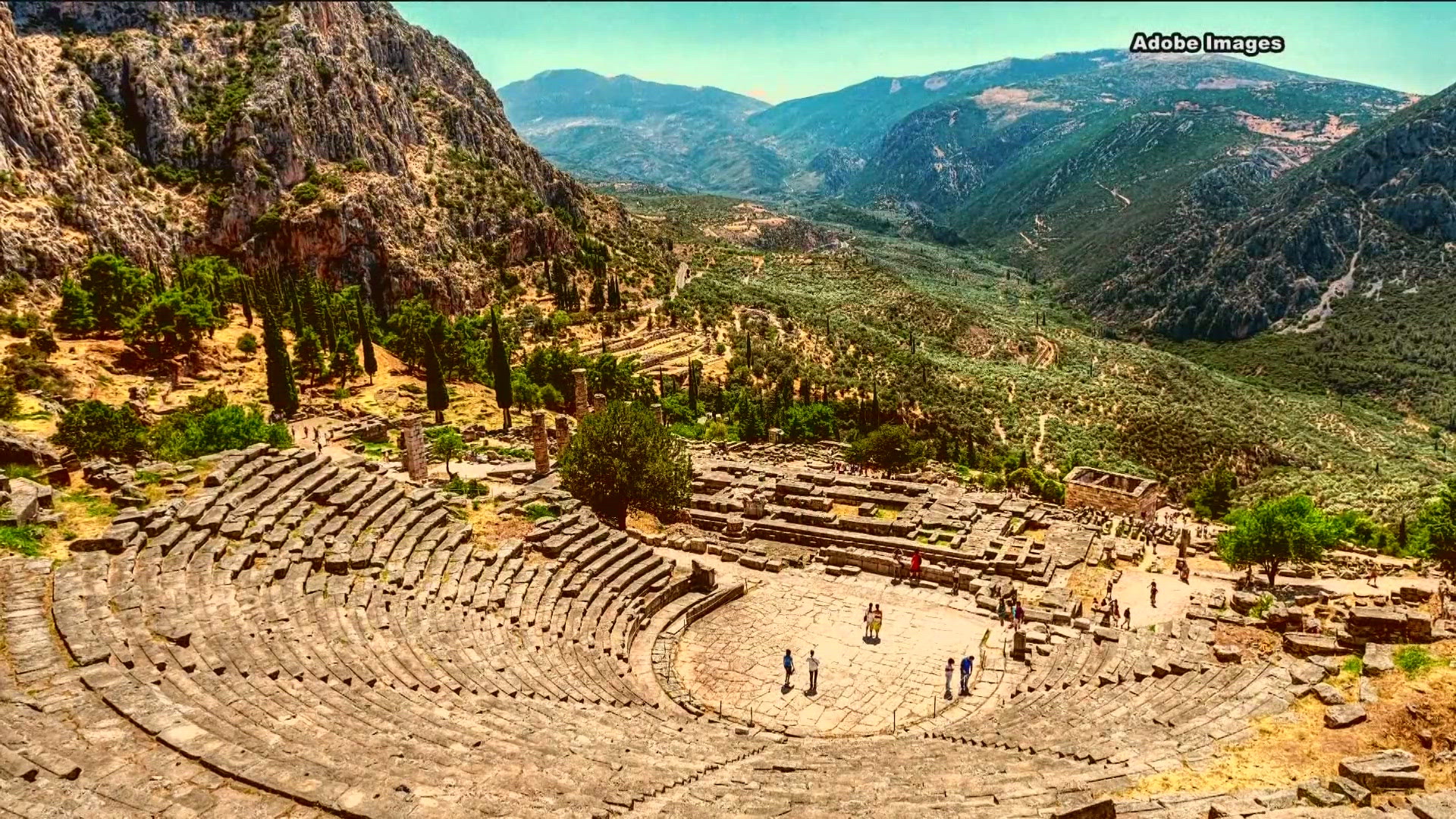MINNEAPOLIS — When University of Minnesota history professor Dr. Andrew Gallia watches the Olympics these days, he notices some striking similarities to the ancient version of the games that began in Olympia, Greece, back in 776 B.C.
The athletes still face immense scrutiny and pressure. They strive to represent their country -- or, back then, their Greek city-state -- on the world stage. And they participate in some of the same events, like running and jumping competitions.
"A lot of these things," Gallia said, "are part of the same inheritance of the Olympics that we have today."
Gallia, whose expertise includes the ancient Mediterranean world, said the true origins of the Olympics are somewhat of a mystery.
"But essentially, they sort of grow out of this Greek religious custom or tradition where they had these sacred sites, these sanctuaries," Gallia said. "As part of that, they would have competitions. You'd have competitions at all these different festival sties, and Olympia wound up becoming the main, premiere one for athletic sports games. And that's where the Olympics began."


The original games at Olympia were played in honor of the god Zeus. Featuring just a single stadium competition at first -- a footrace -- the ancient Olympics in Olympia grew over time to include more events like wrestling, boxing, javelin and chariot racing.
There are some obvious differences between the ancient Olympics and the modern Olympics. For starters, the Greeks banned women from attending the games, although Kyniska of Sparta defied that tradition in 396 and 392 B.C. by earning Olympic victories as the owner of a horse that won the chariot race. Also, the men who competed did not wear any clothes, and Olympic officials used corporal punishment to penalize athletes for violations as simple as a false start.
Yet, the Olympics then -- as now -- played a similar role in Greek society, from both a social and political standpoint.
"They had a lot of prestige for the city-states that the Olympians competed in. There was a lot of honor and glory that went along with that," Gallia said. "City-states would provide free meals for life for Olympic victors, to honor their glory and the glory they brought back to their home cities."
With the spotlight shining on the ancient Olympics, there were bound to be some controversies and geopolitical tensions.
Just as the International Olympic Committee banned Russia from the 2024 Paris Olympics over the war in Ukraine, the Spartans faced similar bans in ancient times for their military aggression.
"There was a controversy where Sparta was excluded from the Olympic games because they were in this big war with Athens, and said to have violated a peace treaty during the games," Gallia said. "The Spartans were so angry about this, they actually invaded Olympia and fought a battle in the sacred sanctuary of Olympia there, of course only further complicating the situation for them."
The ancient games lasted until roughly 393 A.D., meeting their demise when Roman Emperor Theodosius I branded them as "pagan" ceremonies and outlawed the Olympics.
"You had a Christian emperor cracking down on these kind of non-Christian religious practices that causes the end of the ancient Olympics, when these festivals were abolished," Gallia said. "Then, as interest in classicism and classical ideas continued, it grew back up."
The games were ultimately revitalized in 1896 in Athens, Greece, where the first modern Olympics were held.
Four years later, the Olympic games in 1900 were held in Paris, which hosted a second time in 1924 and -- coming full circle -- now for a third time in 2024.

